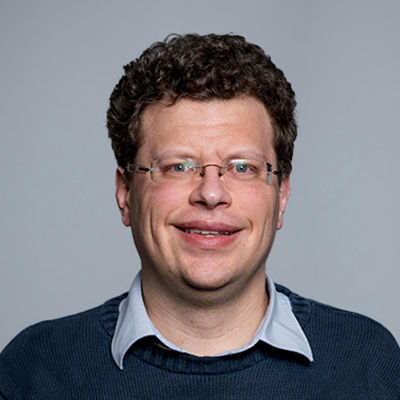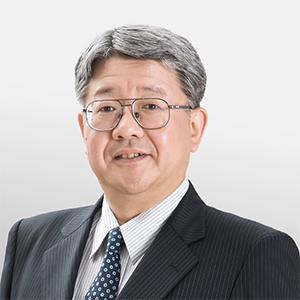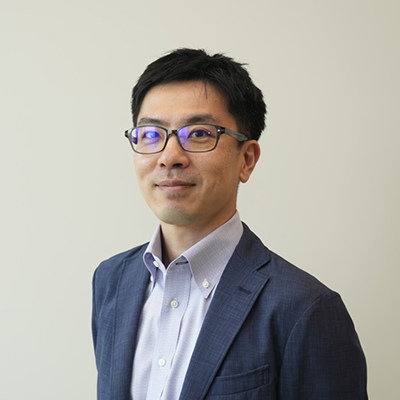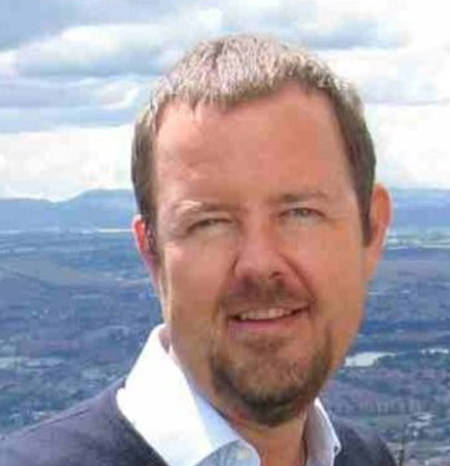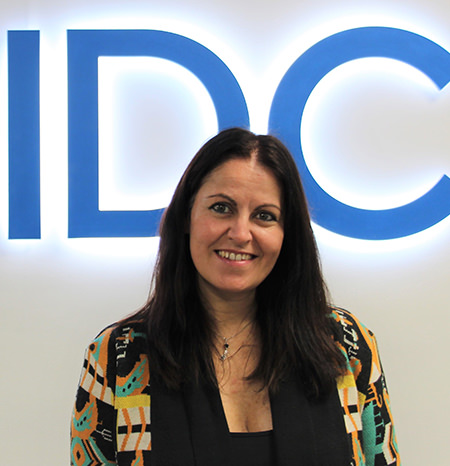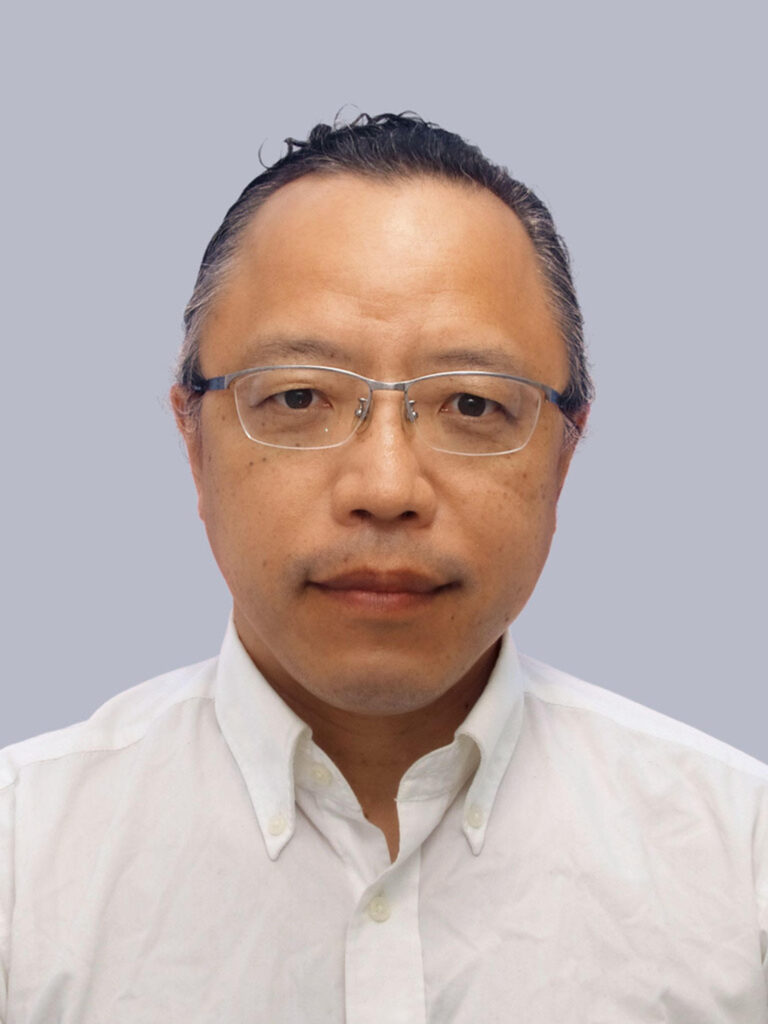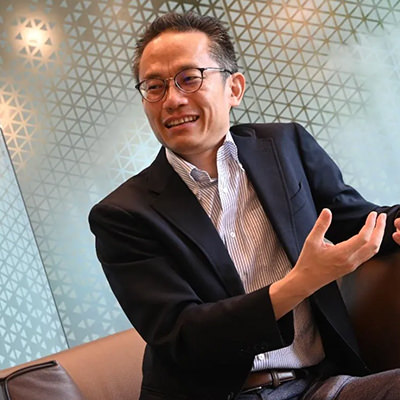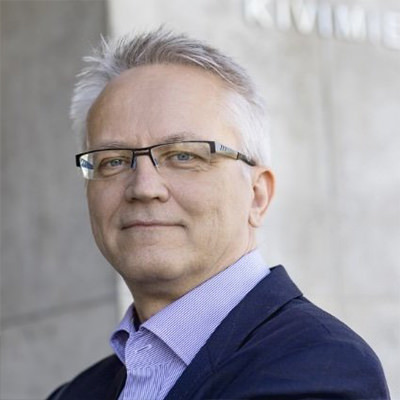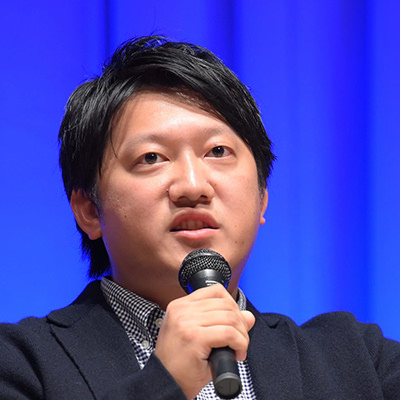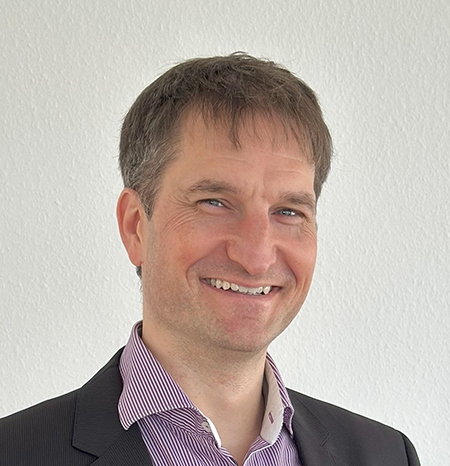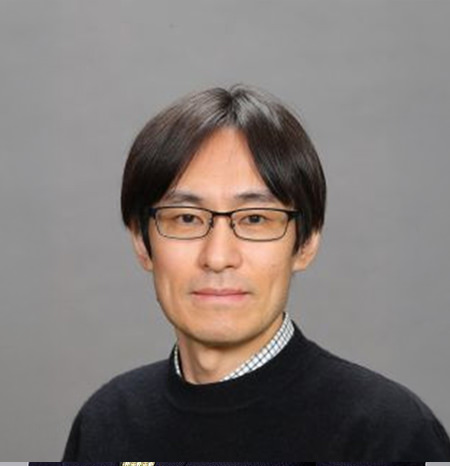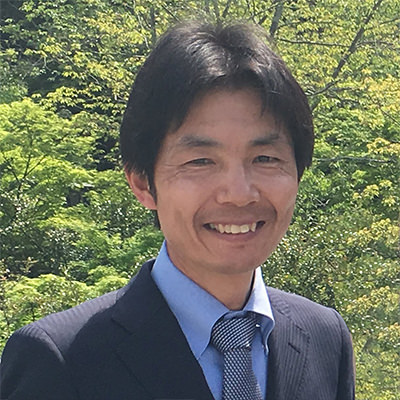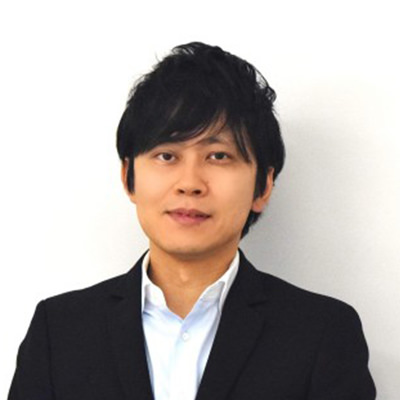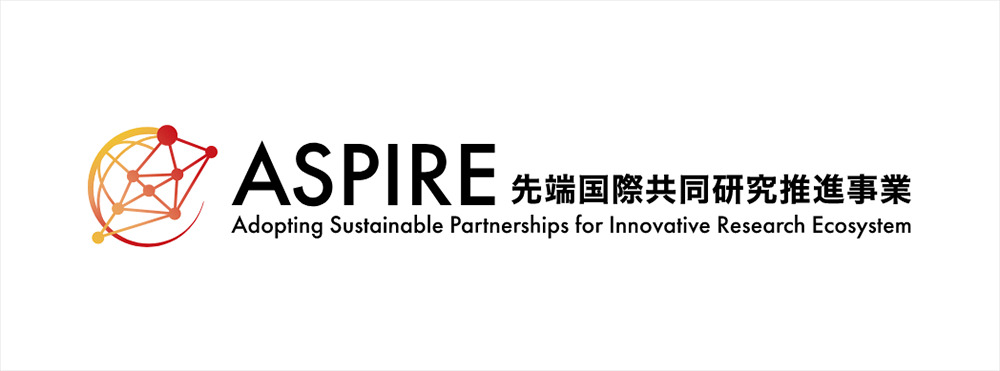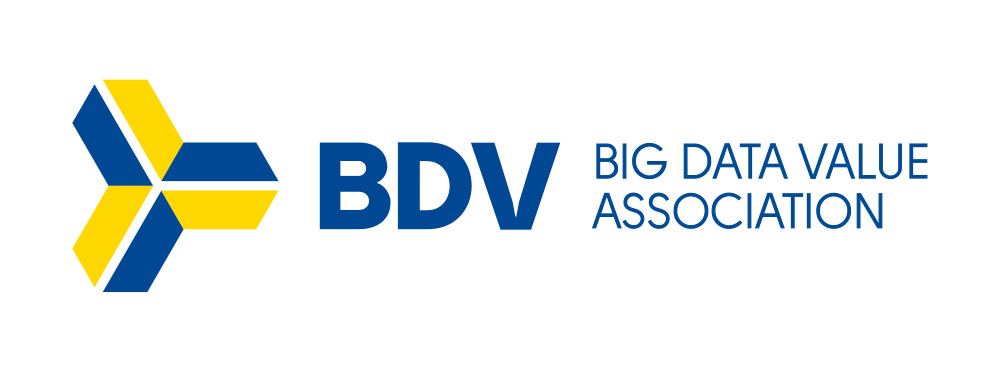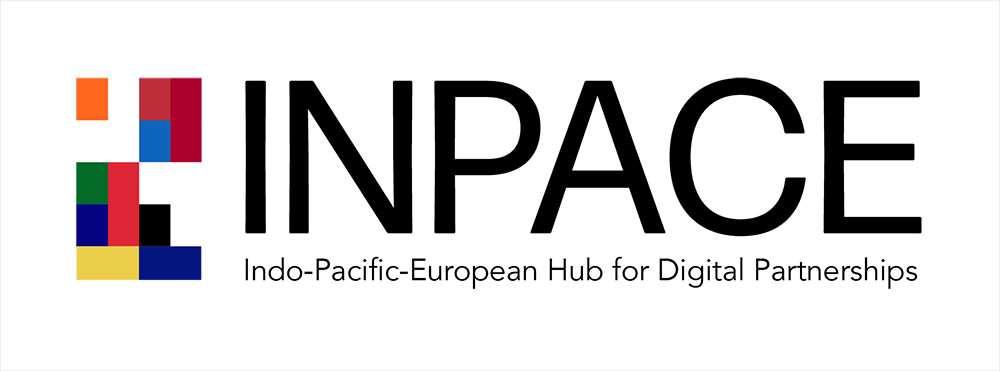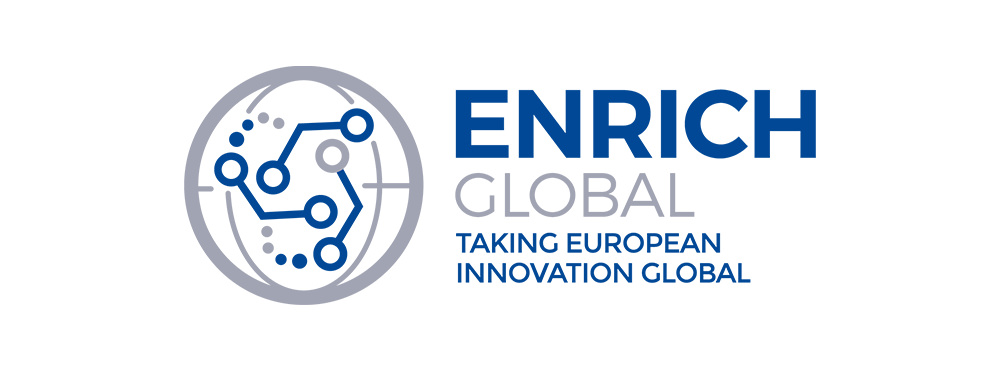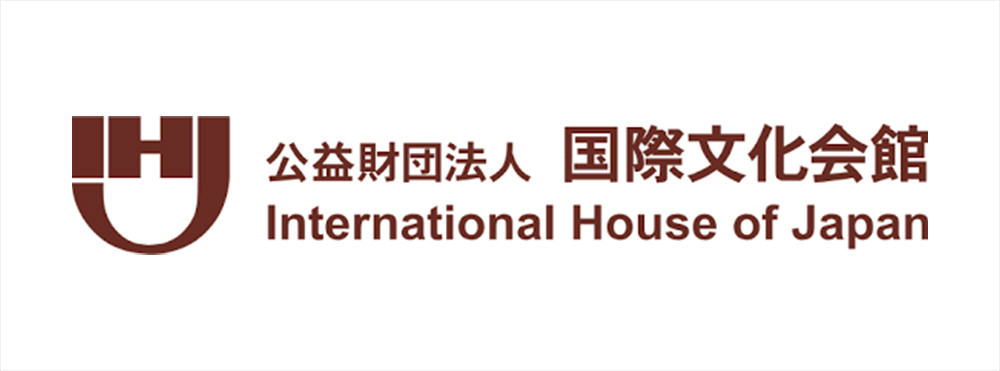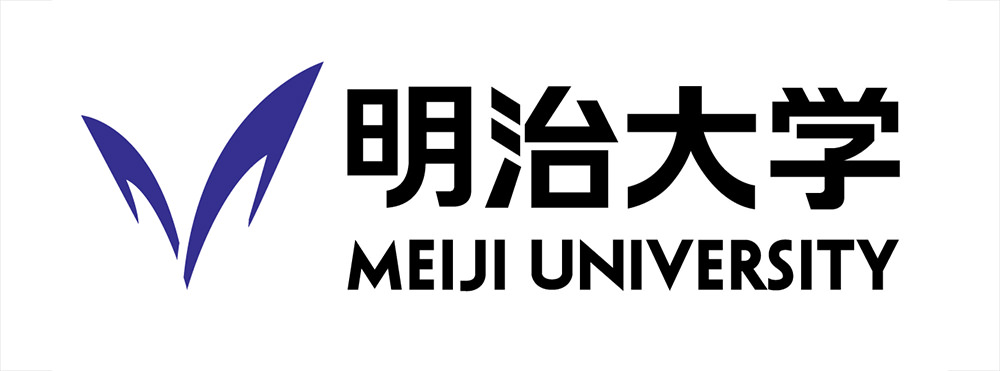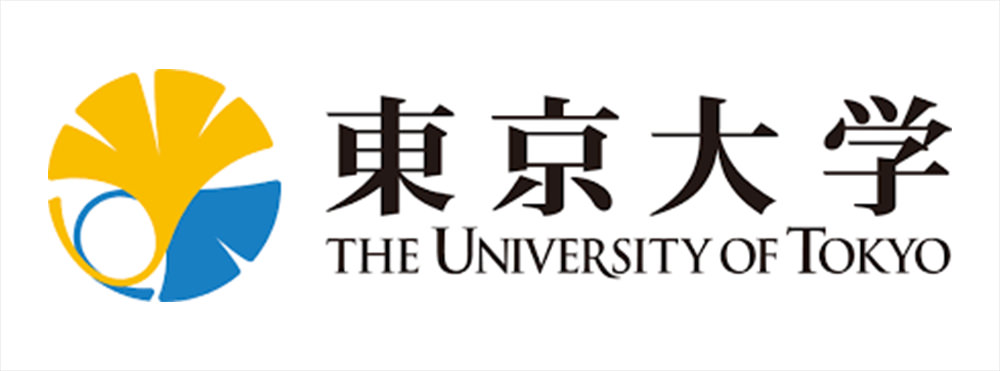
EU-JAPAN DIGITAL WEEK 2025
31 March - 7 April , 2025
Tokyo, Japan
The EU-Japan Digital Week is organised as part of the EU-Japan Digital Partnership
Overview
The EU-Japan Digital Week brought together stakeholders from the EU and Japan to focus on key priority areas for both regions: 6G, Data Spaces, Smart Connectivity and Computing and Trustworthy Artificial Intelligence (AI), among others. A policy workshop was also organised in close consultation with the Delegation of the European Union to Japan to ensure that it reflects the shared priority of both regions and aligns with the strategic objectives of the EU-Japan Digital Partnership. With insightful on-site workshops dedicated to Smart Connectivity and Computing, 6G Development, Policy, Trusted Data Exchanges, Data Spaces, and Trustworthy AI Applications, the event fostered dialogue between policymakers, industry leaders, and experts.
By bringing together key stakeholders and facilitating discussions on these critical themes, the EU-Japan Digital Week aimed to deepen EU-Japan collaboration and contribute to a more connected, innovative, and sustainable digital future.
- Download the full report and slides of the EU-Japan Digital Week!
- Access the report featuring key insights from the event, along with the presentations, on the INPACE Hub.

Peter Fatelnig
Minister Counsellor for Digital Economy Policy
Delegation of the European Union to Japan

Peter Fatelnig
Minister Counsellor for Digital Economy Policy
Delegation of the EU to Japan
Audience
The EU-Japan Digital Week brought together representatives from academia, research, industry, business and policymaking, mainly from Japan and the European Union, but also from other Indo-Pacific countries.
General contact
For inquiries: [email protected]
Monday, 31 March
“Smart Connectivity and Computing” Workshop
“Smart Connectivity and Computing” Workshop
09:00-17:30 Japan Standard Time (JST)
- Language of the event: English
- Please note that interpretation in Japanese will not be available
- Organiser

Dr. Giacomo Inches
Martel Innovate, Switzerland, in collaboration with NexusForum.EU project
- Co-organiser
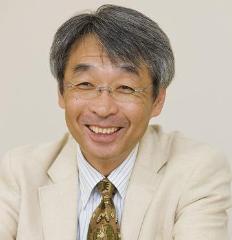
Prof. Kiyoshi Murata
Meiji University
- Objectives
The Smart Connectivity and Computing Workshop aims to bridge the gap between the European Union and Japan in the fields of cloud-edge computing and smart connectivity. This one-day, in-person event will bring together industry leaders, researchers, policymakers, and stakeholders from the EU and Japan to discuss the current landscape, share best practices, and explore collaboration opportunities in open-source technologies, industry verticals, and cross-cutting topics.
- Target audience
Cloud Edge IoT experts and stakeholders, c.a. 150-200 attendees expected.
- Expected outcomes
Identify and leverage new or existing collaboration opportunities in Cloud Edge IoT between EU Industries, researchers, policymakers and Japanese partners, laying the foundation for concrete pilot projects or research initiatives. Validate the roadmap developed by NexusForum.EU for the European Commission to incorporate feedback from Japanese stakeholders.
Agenda
09:30 – 09:45
OPENING REMARKS
- Welcome address by workshop organiser
Dr. Giacomo Inches, Senior Innovation Consultant, Martel Innovate
- Introduction by NexusForum.EU Coordinator
Maria-Angeliki Evliati, Senior Project Manager, RISE
KEYNOTE ADDRESS
- Topic: “The Future of EU-Japan Collaboration in Smart Connectivity”
Dr. Andrew Adams, Deputy Director, Centre for Business Information Ethics (CBIE), Meiji University
Session 1: Innovations in Japan’s Cloud-Edge Landscape
Moderator
Dr. Giacomo Inches, Senior Innovation Consultant, Martel Innovate
Presentations on latest developments and best practices in industries and academia, with a particular emphasis on the Japanese market, emphasising the role of open-source technologies.
- Didier Navez
Senior VP Data Policy & Governance, Dawex - Prof. Hidenori Nakazato
Professor, Waseda University - Kenji Hiramoto
Director General of Digital Infrastructure Center, Information-technology Promotion Agency, Japan (IPA) and Deputy Executive Director/ Secretary General of Japan AI Safety Institute - Dr. Kento Sato
Team Leader, High Performance Big Data Research Team, RIKEN Centre for Computational Science / HANAMI Project
Moderator
Dr. Monique Calisti, CEO, Martel Innovate
- Masato Endo
Toyota Motor Company - Koki Mitani
Senior Research Engineer, NTT - Prof. Noboru Koshizuka
Professor and Director of the Open Data Center, Interdisciplinary Information Studies, The University of Tokyo - Dónal O’Regan
Strategic Policy and EU Project Manager, Fujitsu
Lunch Break
Session 3: Shaping the Future – NexusForum.EU Roadmap Presentation
Moderators
- Chiara Zincone
EU Digital Policy Analyst, OpenNebula Systems - Dr. Thomas Ohlson Timoudas
Researcher, RISE
Objective: The Research & Innovation Roadmap, developed by NexusForum.EU for the European Commission, serves as a key guide for Europe’s Cognitive Computing Continuum, offering strategic direction to support the EU Cloud-Edge industry with essential R&D investments while promoting technological sovereignty. It integrates input from different sources and stakeholders like researchers, practitioners, associations, policymakers, and industry, while addressing all the transversal topics that play a significant role in the development of Europe’s Cognitive Computing Continuum, such as Sovereignty, Cybersecurity, Interoperability, Sustainability, and AI.
The roadmap aligns with major European initiatives, such as the European Cloud Alliance and the key digital policy project Important Project of Common European Interest on Next Generation Cloud Infrastructure and Services (IPCEI-CIS), focusing on critical areas like AI, cybersecurity, sustainability, and interoperability. Additionally, the roadmap fosters EU-Japan collaboration, opening doors for joint research and Cloud-Edge IoT projects, driving innovation and digital progress in both regions.
This session will present the Roadmap, highlight its key objectives, and gather feedback and input while engaging interested participants for future Working Groups and pilot projects centered on EU-Japan cooperation.
Session 4: The EU-Japan Nexus
Moderator
Dr. Sachiko Muto, Senior Researcher, RISE
Objective: To highlight the existing policies, initiatives, and funding mechanisms that support and foster collaborations between the EU and Japan in the field of cloud-edge computing and smart connectivity via a panel discussion.
- Dr. Monique Calisti
CEO, Martel Innovate - Dr. Raluca Csernatoni
Professor, Centre for Security, Diplomacy, and Strategy, Brussels School of Governance, Vrije Universiteit Brussel - Prof. Florence Tama
Team Leader, Computational Structural Biology Research Team, Nagoya University / HANAMI Project - Ulrich Ahle
CEO, GAIA-X (remote participation)
Closing remarks
Informal Networking and Evening reception
Speakers

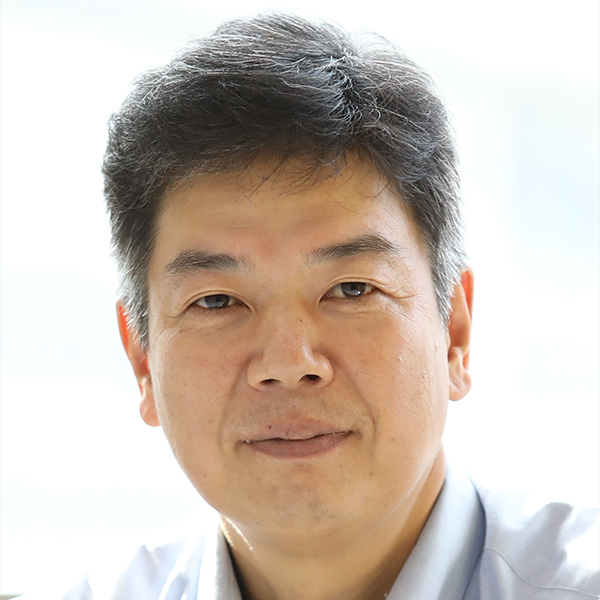
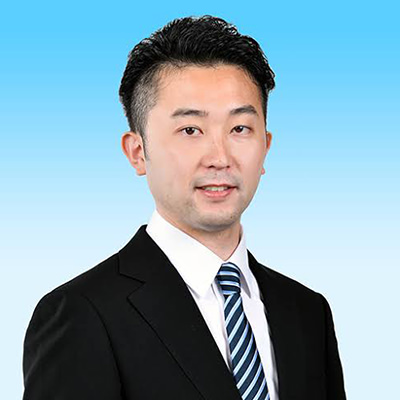
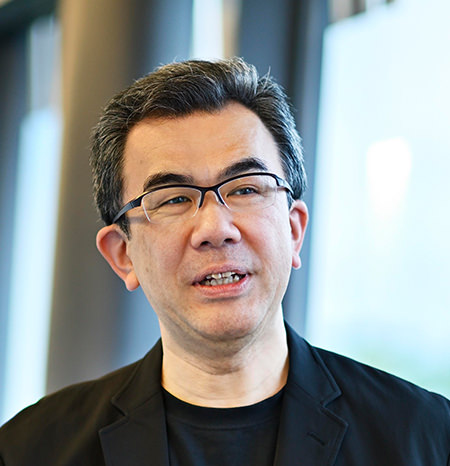

Tuesday, 1 April
“6G Horizons: Synergies for a Connected Future” Workshop
“6G Horizons: Synergies for a Connected Future” Workshop
09:00-18:00 Japan Standard Time (JST)
- Language of the event: English
- Please note that interpretation in Japanese will not be available
- Organiser
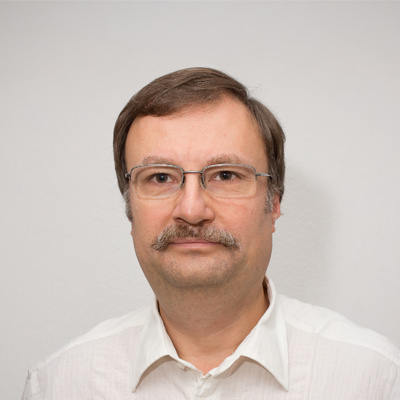
Adam Kapovits
Eurescom, Germany
- Co-Organiser
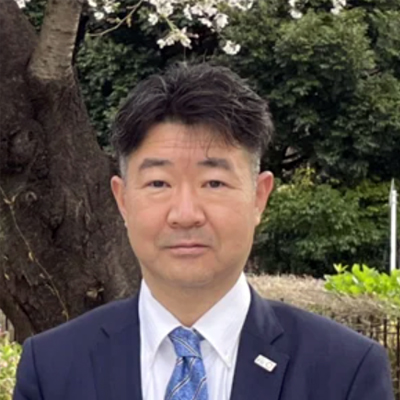
Prof. Akihiro Nakao
ASPIRE, Japan (funded by the Ministry of Education, Culture, Sports, Science, and Technology – MEXT)
- Objectives
The workshop aims at fostering and deepening collaboration and partnership between the EU and Japan (and other Indo-Pacific countries) regarding 6G development.
- Target audience
6G experts, mostly from Japan. 60-80 participants are expected.
- Expected outcomes
The big question – and the ambition of the workshop – should be to explore whether we are correctly perceiving and assessing, and subsequently addressing and responding to the major trends, social and business needs from a broad set of industries in 6G research and development, considering the rapidly unfolding disruptive trends such as generative AI.
Agenda
09:00 – 09:30
REGISTRATION
09:30 – 09:50
Welcome and Opening address
- Masayuki Matsui
Director, Technology Policy Division, Global Strategy Bureau, Ministry of Internal Affairs and Communications
09:50 – 10:50
Keynote contributions
- Erzsébet Fitori
Executive Director, Smart Networks and Services Joint Undertaking Office - Dr. Colin Willcock
Chairman, 6G Smart Networks and Services Industry Association Governing Board - Prof. Akihiro Nakao
University of Tokyo, co-chair of XGMF, leader of the ASPIRE and HARMONY projects
10:50 – 11:20
11:20 – 13:00
Presentations and reports from European Smart Networks and Services Joint Undertaking activities
- Dr. Szabolcs Malomsoky
Head of Ericsson Research Japan, SNS JU project 6G MIRAI - Prof. Emilio Calvanese-Strinati
Scientific and Innovation Director of Smart Devices, Telecommunications and Security, CEA-LETI, France, coordinator of the SNS JU project 6G ARROW - Dr. Alessandro Bassi
Eurescom, SNS JU project SUSTAIN 6G - Prof. Alessandro Vanelli-Coralli
University of Bologna, coordinator of the SNS JU project 6G-NTN - Dr. Monique Calisti
Martel Innovate, coordinator of the SNS JU project 6G4Society
13:00 – 14:20
LUNCH BREAK
14:20 – 15:40
Presentations from Japanese collaboration activities with Europe and other countries, and what can be learnt from other collaborations
- Dr. Kentaro Ishizu
Director, Beyond 5G Design Initiative, NICT, Collaboration activities between Japan and Germany - Dr. Arthur Sousa de Sena
University of Oulu, Collaboration activities between Finland and Japan, and the Republic of Korea - Prof. HyeonWoo Lee
Professor on Mobile System Engineering, DanKook University and vice chair of the Executive Committee of the 6G Forum Korea, Republic of Korea - Dr. Takaya Miyazawa
NICT
15:40 – 16:10
Break
16:10 – 17:30
Industry views, challenges and collaboration opportunities
- Mitsuhiro Kuchitsu
Rakuten - Koji Takeoka
Toyota Motor Corporation - Dr. Ing. Marius Corici
Deputy Head of the Software-based Networks Division, Fraunhofer FOKUS, Germany - Dr. Maria Guta
European Space Agency
17:30 – 18:00
Closing remarks
- Prof. Akihiro Nakao
University of Tokyo - Adam Kapovits
Eurescom
18:00 – 19:30
Social networking standing reception
Agenda
Presentations / report from ongoing collaboration activities
- Presentation from 6G IA
Dr Colin Willcock, Chairman of the 6G Smart Networks and Services Industry Association Governing Board - Presentation from SNS JU 6G MIRAI (from the EU-JP call)
Ericsson Research Japan - Japanese projects ASPIRE and HARMONY
- SNS JU 6G ARROW (from the EU-ROK call)
Professor Emilio Calvanese–Strinati, CEA-LETI, France - Survey of the Japan-German collaboration projects
Dr Kentaro Ishizu, NICT - Some highlights from Japan-German collaboration projects
Contributions from industry, challenges for 6G as perceived by industry, also presenting opportunities for joint investigation and solution
- Collaboration opportunities regarding non-terrestrial networks between Japan and Europe
ESA - Results from the European SNS JU research project 6G-NTN
Professor Alessandro Vanelli-Coralli, ALMA MATER STUDIORUM, Università di Bologna - Developing a Holistic Sustainability Framework for Future Communication Systems – SUSTAIN-6G, the European sustainability lighthouse project
Dr Alessandro Bassi, Eurescom GmbH - 6G standardisation challenges from a Japanese perspective
- Core network and architecture issues and challenges
Dr. Ing. Marius Corici, Fraunhofer FOKUS - European industry views regarding 6G challenges
- Japanese industry presentations, both from technology and solution providers, but also from industries using and relying on 6G
Pre-6G demo plans, what Europe can learn from Japan and the Republic of Korea, best practices
- Research infrastructures for joint collaboration
- Pre-6G demo plans concerning the Osaka expo
- Korean presentation regarding the pre-6G demo plans for 2026
- Panel discussion regarding what Europe can learn from Japanese (and Korean) approaches towards 6G R&D
Speakers






Wednesday, 2 April
Closed-door Policy Workshop: “The EU – Japan Digital Partnership: Going Forward”
Closed-door Policy Workshop: “The EU – Japan Digital Partnership: Going Forward”
09:00-14:00 Japan Standard Time (JST)
- Language of the event: English
- Co-organisers

Centre for Security, Diplomacy, and Strategy (CSDS), Belgium

Institute for Geoeconomics (IOG), Japan
- Venue
The International House of Japan (IHJ), Japan
- Co-Organiser
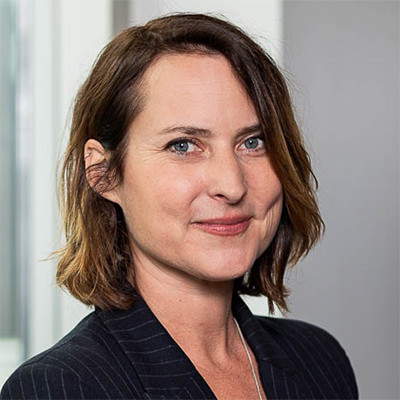
Dr. Eva Pejsova
Centre for Security, Diplomacy and Strategy (CSDS), Belgium
- Co-Organiser
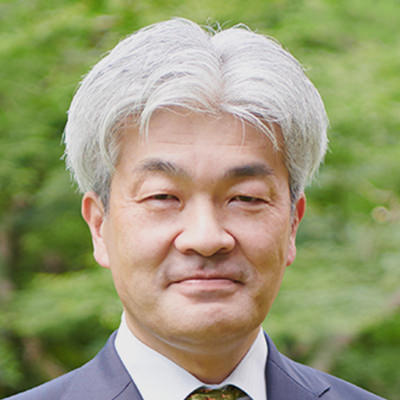
Dr. Kazuto Suzuki
Institute of Geoeconomics (IOG), Japan
- Venue
The International House of Japan (IHJ), Japan
- Objectives
- ‘Drivers of Technological Innovation, Economic Security, and Sovereignty’: How can the EU and Japan sustain their technological edge and sovereignty amidst the intensifying strategic competition between the United States and China?
- ‘Emerging Technologies and Security Cooperation’: What role do dual use emerging and disruptive technologies play in shaping EU and Japan’s evolving security postures and bilateral cooperation?
- ‘Domestic Challenges and Policy Coordination’: What domestic priorities and challenges must be addressed to advance technological collaboration and digital connectivity?
- ‘Promoting Global Governance’: How can the EU and Japan champion responsible, human-centred, and sustainable global governance frameworks bilaterally and within existing multilateral frameworks?
- Target audience
This event will convene a balanced group of 30 to 40 representatives from the EU and Japan, including policymakers, academia, think tank experts, and industry leaders. The multi-stakeholder representation ensures diverse perspectives and practical insights into advancing digital cooperation and innovation.
- Expected outcomes
The workshop will produce policy recommendations that emphasise the removal of political, regulatory, and technological barriers, reinforce multistakeholder engagement between the two partners, and promote responsible, human-centred global governance of digital emerging and disruptive technologies (EDTs). These recommendations will serve as a roadmap for enhancing EU-Japan digital cooperation moving forward.
Agenda
OPENING REMARKS
- Kazuto Suzuki
Director, Institute of Geoeconomics (IOG) - Eva Pejsova
Japan Chair, CSDS
KEYNOTE REMARKS
- Taro Kono
Member, House of Representatives; Former Minister for Digital Transformation - Jean-Eric Paquet
Ambassador of the European Union (EU) to Japan
Moderator
Kota Umeda, Research Fellow, Institute of Geoeconomics (IOG)
- Antonio Calcara
Head of Technology and Geopolitics Programme, CSDS - Kazumi Nishikawa
Principal Director, Trade and Economic Security Bureau, Ministry of Economy, Trade and Industry (METI) of Japan - Hiroki Habuka
Research Professor, Graduate School of Law, Kyoto University; CEO, Smart Governance - Harald Kümmerle
Principal Researcher, German Institute for Japanese Studies - Sebastien LechevalierVisiting Researcher, German Institute for Japanese Studies
PANEL II – FROM SPACE TO UNDER THE SEA: CRITICAL DIGITAL INFRASTRUCTURE FOR SUSTAINABLE GLOBAL CONNECTIVITY
Moderator
Eva Pejsova, Japan Chair, CSDS
- Raluca Csernatoni,
Professor, Brussels School of Governance; Fellow, Carnegie Europe - Koichiro Komiyama,
Deputy Director, Global Coordination Division, JPCERT/CC - Adam Kapovits,
Program Manager, Eurescom - Mihoko Matsubara,
Chief Cybersecurity Strategist, NTT Corporation
Speakers
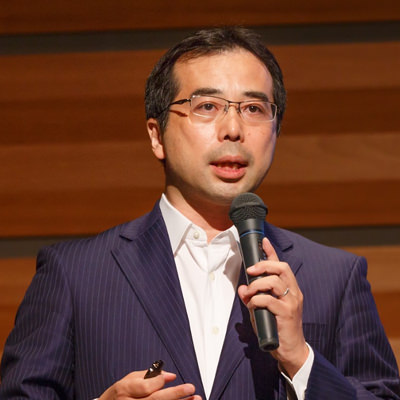

Participants will include high-level representatives from the EU and Japanese research institutions, government agencies, think tanks, and industry leaders.
Wednesday, 2 April
“Trusted Data Exchanges: From Standards to Pilots in a Changing World” Workshop
“Trusted Data Exchanges: From Standards to Pilots in a Changing World” Workshop
14:00-18:00 Japan Standard Time (JST)
- Language of the event: English
- Please note that interpretation in Japanese will not be available
- Co-organisers

Centre for Security, Diplomacy, and Strategy (CSDS), Belgium

Institute for Geoeconomics (IOG), Japan
- Venue
The International House of Japan (IHJ), Japan
- Organiser
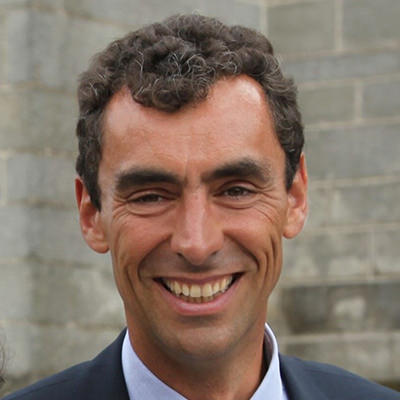
Dr. Franck Le Gall
EGM
- Venue
The International House of Japan (IHJ), Japan
- Objectives
This workshop aims to explore practical implementation of trusted data exchanges, supporting the Memorandum of Cooperation on digital identities and trust services signed between the EU and Japan. This initiative builds on commitments made at the G7 Hiroshima 2023, where the Institutional Arrangement for Partnership (IAP) was endorsed to operationalise Data Free Flow with Trust (DFFT). In 2024, the OECD released the G7 Mapping Exercise of Digital Identity Approaches, analysing commonalities between different frameworks, including those of the EU and Japan, and calling for pilot projects to test key standards.
Key Objectives of the Session:
- Examine the adoption of key standards for cross-border data exchange (tourism, environmental monitoring, foreign companies involvement, etc.)
- Facilitate discussions on ongoing initiatives aligning with the global shift towards data spaces and digital transformation, with a particular emphasis on crisis and disaster management.
- Bridge European and Japanese approaches to trusted data exchanges by fostering collaboration and knowledge-sharing in a pilot project to be outlined.
- Target audience
This workshop will engage a diverse audience, including:
- Policy Makers: From both Europe and Japan, focusing on data exchange, digital transformation, and international collaboration.
- Industry Experts: Specifically, those working in the domains of urban data management, IoT, cybersecurity, digital identity management, and digital infrastructure.
- Academia: Researchers and Scholars working on urban informatics, semantic technologies, risk and disaster management.
- Technologists & Developers: Building platforms, tools, and solutions that support data exchange.
- Public Sector Officials: From public authorities who are driving the implementation of secure and trustworthy data exchange frameworks.
- Expected outcomes
- Identification of Key Challenges: Highlight the practical challenges and barriers in the adoption of standards for trusted data exchanges.
- Collaboration Framework: Lay the foundation for future collaboration between Europe and Japan in the development and deployment of pilot projects related to data spaces and semantic interoperability.
- Actionable Insights for Pilot Projects: Provide concrete examples and lessons learned from current pilots in both Europe and Japan, offering participants guidance on how to initiate and scale trusted data exchange pilots in their cities.
- Policy Recommendations: Deliver a set of policy recommendations for aligning efforts on digital identity frameworks, semantic interoperability, and data governance.
Agenda
14:00 – 14:15
Welcome
- Franck Le Gall
EGM
14:15 – 15:15
KEYNOTE REMARKS
Presenting the consensus-driven data regulations in Japan, based on soft regulation and aiming to strike the balance between privacy concerns and commercial and public interests in the usage of data
Harald Kümmerle
German Institute for Japanese Studies (Japan)
Sharing thoughts and the current situation in Japan, where there’s a policy to develop data integration platform as a public asset
Murakami Keisuke
Director, Digital Agency, General for Public Service Group (Japan)
Open-discussion
15:15 – 16:30
Requirements and standards for trusted data exchanges
Diego R. Lopez
Telefonica (Spain)
Martin Bauer
NEC Laboratories (Germany)
Contribution of Verifiable Legal identifiers to trusted data exchanges
Hiroshi Nakatake
Global Legal Entity Identifier Foundation (GLEIF)
From the presentations, identification of the data exchange points where cross-border technical interconnection should primarily be demonstrated
Moderated-discussion
16:30 – 17:00
Networking coffee/tea break
17:00 – 17:45
Moving to action
Sharing insights into FIWARE’s role in promoting open standards for trusted data exchange platforms. Presentation of the reference implementation initiative
Chandra Challagonda
FIWARE (Germany)
Introducing the role iHub Base to support training and workshops for entrepreneurs and engineers who aim to develop connected services
- Yasunori Mochizuki
iHub Base (Japan)
- Brainstorming session
17:45 – 18:00
CLOSING
Frank Le Gall
EGM
Speakers
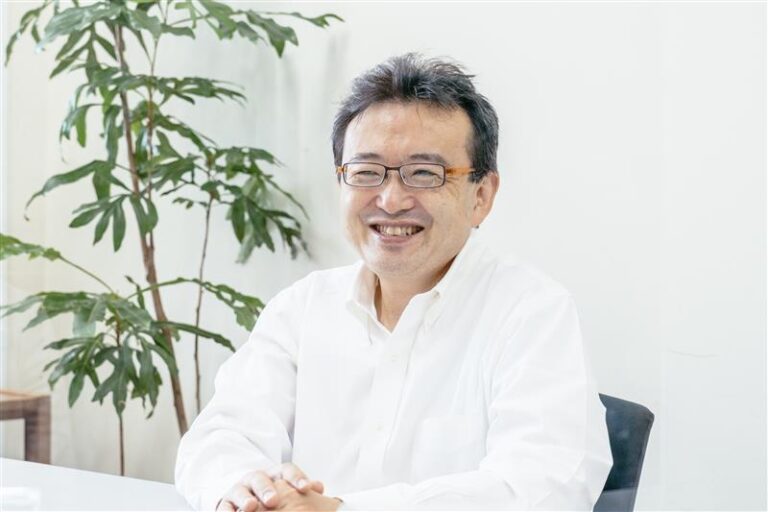
Thursday, 3 April & Friday, 4 April
“Data Spaces – or the Story How to Make Business from Data in a Legal Fashion” Workshop
“Data Spaces – or the Story How to Make Business from Data in a Legal Fashion” Workshop
09:00-19:00 Japan Standard Time (JST)
- Language of the event: English
- Please note that interpretation in Japanese will not be available
- Organiser
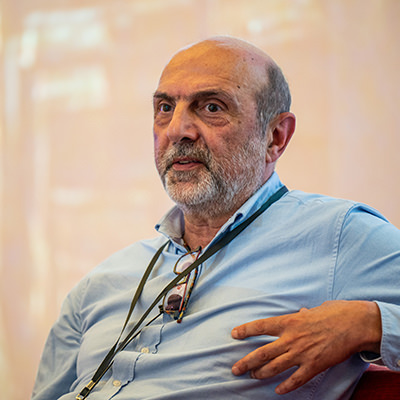
Dr. Antonis Ramfos
Athens Technology Center, Greece
- Host
Europa House, 4-6-28 Minami-Azabu, Minato-ku, Tokyo 106-0047
- Objectives
The objectives of the workshop are to introduce participants to the concept of data spaces, their architecture, stakeholders, and role in digital transformation, with a focus on addressing interoperability challenges. It aims to explore business models for data spaces, highlighting best practices and successful case studies. The workshop will discuss regulatory and ethical considerations for data sharing, emphasising trust, standardisation, and governance of data flows between EU and Japanese data spaces. It will also provide practical guidance on interoperability, encouraging joint EU-Japan pilot projects. Finally, the workshop seeks to foster EU-Japan collaboration and facilitate cross-border networking among industry, manufacturing, and technology leaders.
- Target audience
The target audience includes industry leaders, decision-makers, data scientists, IT professionals, business strategists, consultants, regulatory officers, academics, researchers, and government officials from the EU and Japan. Key participants also include representatives from initiatives and projects like Catena-X, Manufacturing-X, AgDataHub, and Green Deal Data Space, as well as organisations such as IDSA, GAIA-X, DSA, DSSC, RRI, IPA, and JEITA. The event aims to attract an audience of 130.
- Expected outcomes
The expected outcomes include an enhanced understanding of data spaces and their implementation, knowledge of business models in the EU and Japan, and awareness of regulatory and standards considerations for data sharing. Participants will gain insights from demonstrations of implemented data spaces and practical guidance on establishing joint data spaces within organisations. Additionally, the workshop aims to scope pilot projects and foster cross-border collaboration and networking among data space stakeholders.
Agenda
In the era of digital transformation, the efficient and secure sharing of data is critical for innovation, competitiveness and fostering a circular economy. Data spaces provide a robust legal and technical framework for such data sharing, enabling organisations to leverage data for strategic advantage and improved decision-making.
DAY 1: Data Spaces: Implementation, Business, and Regulatory Considerations
- Thomas Gnocchi
Minister / Deputy Head of the European Union Delegation to Japan - Makoto Kuroyabu
Chief Director for International Strategy, Digital Agency - Antonis Ramfos
INPACE project
Keynote Speech: The Role of Data Spaces in the Digital and Circular Economy
- Data Spaces in the EU
Chandra Challagonda, CEO, FIWARE - Data Spaces in Japan
Yuki Sakamoto, Deputy Director, Ministry of Economy, Trade and Industry (METI)
Session 1: Data Spaces – Implementation
- Data Spaces Support Centre and its role in the EU
Tuomo Tuikka, DSSC, Technical Board Member, Big Data Value Association (BDVA) - Data Spaces in Japan, DATA-EX
Prof. Noboru Koshizuka, Professor and Director of the Open Data Center, Interdisciplinary Information Studies, The University of Tokyo - Building Ecosystem and Interoperability among Data Spaces
Chiseki Sagawa, Deputy Director General, Digital Architecture Design Center, Information-technology Promotion Agency (IPA) - OSS reference implementations
Teruyoshi Fujiwara, Chairperson, Automotive and Battery Traceability Center Association, Inc. (ABtC)
Lunch Break
Session 2: Data Spaces – Value Creation
- Overview of real market for data spaces and the areas where organisations are expected to create value
Nuria De Lama Sanchez, Consulting Director, IDC - Sectors promising to lead collaboration (textile, batteries, automotive, telco)
Dónal O’Regan, Strategic Policy and EU Project Manager, Fujitsu, CIRPASS2
Teruyoshi Fujiwara, Chairperson, Automotive and Battery Traceability Center Association (ABtC)
Kentaro Blumenstengel, Executive Officer, General Manager, Product Sales Coordination, DMG MORI
Koki Mitani, Senior Research Engineer, NTT, IDSA Ambassador
Coffee Break
Session 3: Regulatory Landscape for Data Free Flow with Trust
- EU Commission’s DPP Legal Framework
Franziska Zibold, Policy Officer, Directorate-General for Internal Market, Industry, Entrepreneurship and SME (DG GROW), European Commission - The EU Data Strategy with a focus on the Data Act
Didier Navez, Senior VP Data Policy & Governance, Dawex - Regulatory Landscape of DPP
Dónal O’Regan, Strategic Policy and EU Project Manager, Fujitsu - ETSI standardisation fostering data flow with trust
Diego R. Lopez, Senior Technology Expert, Telefonica
Networking Cocktail
DAY 2: Towards Interoperable Data Spaces – Practical Considerations
“Cooking with Ulrich – A recipe for how to get started and make data spaces a success”
- Ulrich Ahle
CEO, GAIA-X
Session 4: Challenges and Experiences of Interoperable Data Spaces
- Data Spaces Interoperability Challenges and Solutions
Satoshi Tsuchiya, Senior Director, Strategic Planning Unit, Fujitsu - Cybersecurity Challenges in Data Spaces
Wolfgang Peter Klasen, Senior Security Advisor, Siemens AG, Foundational Technologies Research & Predevelopment - Open Standards/Open Source in Data Spaces Interoperation
Dr. Sachiko Muto, Chair, OpenForum Europe - Experience from implementing an EU-Japan cross-data space case study
Martin Bauer, Principal Standardization Engineer, NEC
Coffee break
11:30 – 13:30
Panel Discussion: Opportunities for Joint Data Spaces: how to incentivise data sharing among companies and stakeholders in complex value chains?
MODERATOR:
- Dr. Monique Calisti
CEO, Martel Innovate
PANELISTS:
- Dónal O’Regan
Strategic Policy and EU Project Manager, Fujitsu - Wolfgang Peter Klasen
Senior Security Advisor, Siemens AG, Foundational Technologies Research & Predevelopment - Prof. Noboru Koshizuka
Professor and Director of the Open Data Center, Interdisciplinary Information Studies, The University of Tokyo - Alessandro Canepa
R&D Manager, Fratelli Piacenza - Yuki Nobekawa
COO, Japan Data Exchange - Franziska Zibold
Policy Officer, Directorate-General for Internal Market, Industry, Entrepreneurship and SME (DG GROW), European Commission
13:30 – 14:30
Lunch break
14:30 – 15:30
Interactive Workshop: Designing joint EU-Japan Data Space pilot project(s)
- Group activity and case study analysis
- Presentation of group findings
- Follow-up actions
MODERATORS:
- Dónal O’Regan
Fujitsu, CIRPASS 2 - Alessandro Canepa
sm4rtenance - Kentaro Blumenstengel
DMG MORI - Wolfgang Peter Klasen
Trust Anchor
15:30 – 16:00
COFFEE BREAK
Future Trends and Innovations in Data Spaces – What will the future look like?
- EU Research Priorities
Tuomo Tuikka, Technical Board Member, Big Data Value Association (BDVA) - Japan Research and Innovation Priorities
- Moderated discussion with the audience to collect views and predictions
THURSDAY April 3 – FRIDAY APRIL 4
Opening Remarks and Workshop Overview
Speakers
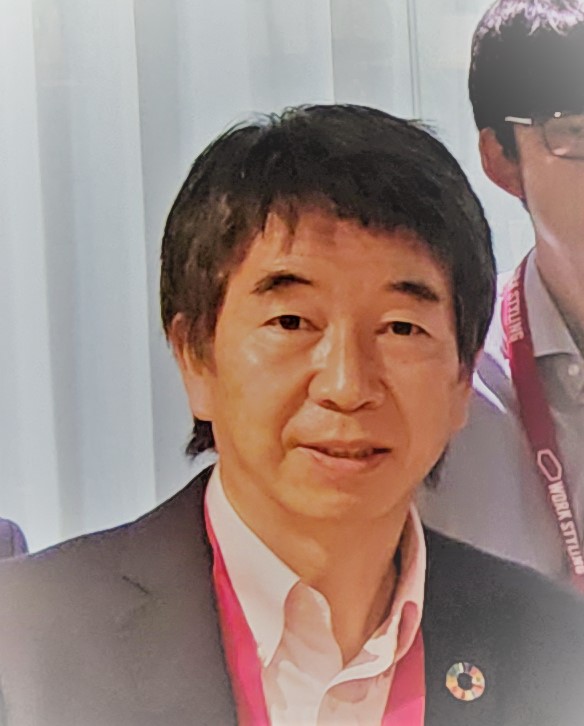
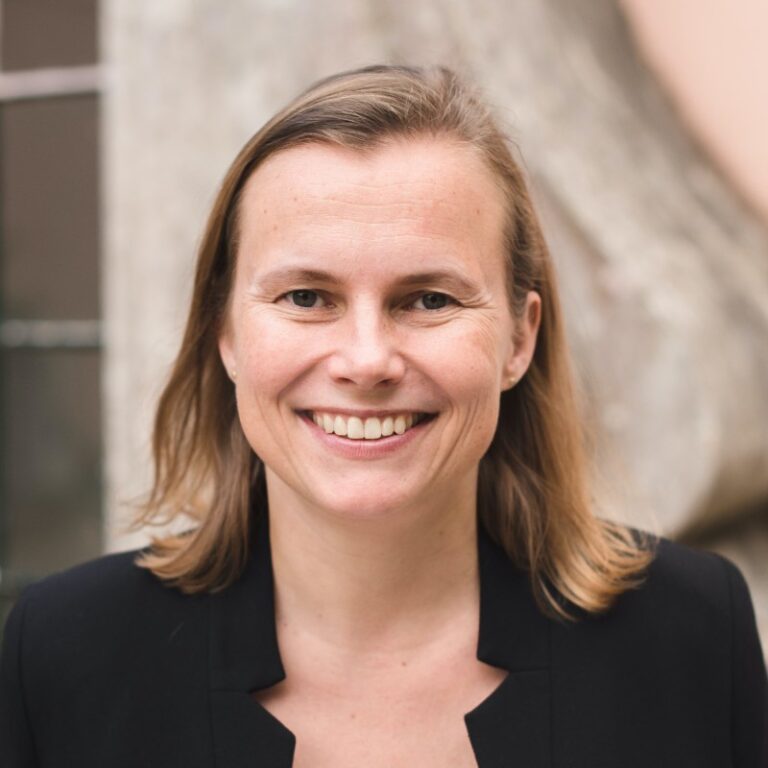

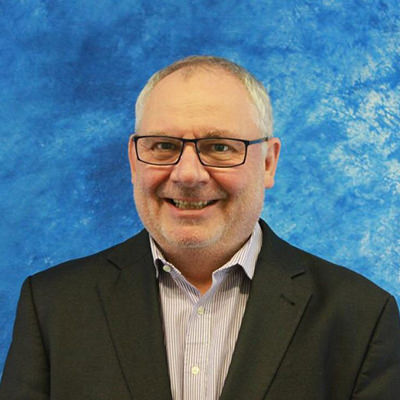
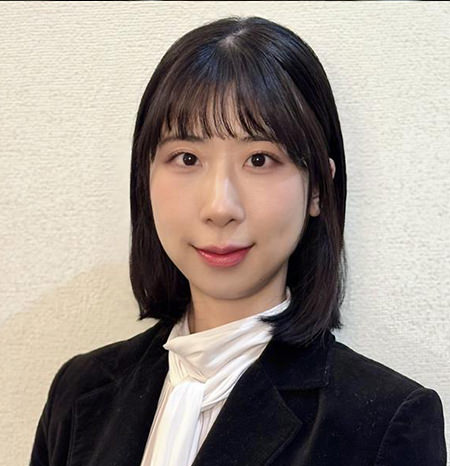
Monday, 7 April
“Critical Applications of AI in Industry, Healthcare and Other Sectors” Workshop
“Critical Applications of AI in Industry, Healthcare and Other Sectors” Workshop
09:30-18:15 Japan Standard Time (JST)
- Language of the event: English
- Please note that interpretation in Japanese will not be available
- Organiser

Prof. Sebastian Engell
TU Dortmund (Germany) and ENRICH Global (France)
- Co-Organiser

Prof. Iiro Harjunkoski
Aalto University (Finland) and Hitachi Energy Europe
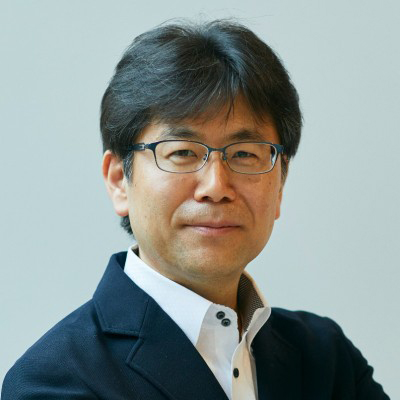
Nobuo Nukaga
Hitachi Research and Development (Japan)
- Host
Hitachi Head Office at Nippon Seimei Marunouchi Building, 23rd floor, 1-6-6 Marunouchi, Chiyoda City, Tokyo 100-0005
- Objectives
To exchange on good practices and challenges in the development of AI applications where reliable and highly accurate functioning is critical due to the potential for severe consequences in case of failure. These applications, found in sectors such as transportation systems, industrial production, and digital healthcare, require AI systems to operate with extremely high reliability to prevent accidents, patient harm, or significant financial losses. The workshop will explore how to ensure robustness, safety, and trustworthiness in such critical AI systems.
- Target audience
Developers of AI solutions, methods and tools in areas such as industrial production, robotics, cars, trains, healthcare systems.
- Expected outcomes
Understanding of the state of the art and open issues in the development of critical AI solutions, information on the EU’s AI Act, triggering collaborations, input to shaping future funding programs in Europe and Japan.
Agenda
09:30 – 10:00
Arrival and refreshments
10:00 – 10:30
Opening
- Welcome and presentation of the INPACE Project
Prof. Sebastian Engell, TU Dortmund and ENRICH GLOBAL - Welcome address from Hitachi Ltd.
- Welcome address from the Japan AI Safety Institute (AISI)
Mirai Odagiri, Deputy Secretary General, Japan AI Safety Institute (AISI)
10:30 – 12:30
Session 1: Transportation Systems and Health Care
How Hitachi is using AI in its Social Innovation Business
- Nobuo Nukaga
Hitachi R&D, Advanced Artificial Intelligence Innovation Center, Japan
Safety assurance of a driverless regional train
- Dr. Marc Zeller
Siemens AG, Germany
Search-based approaches to enhancing safety of autonomous driving system
- Prof. Fuyuki Ishikawa
National Institute of Informatics and Sokendai University, Japan
Challenges for AI applications in intensive care medicine
- Dr. André Stollenwerk
Embedded Systems Institute, RWTH Aachen, Germany
12:30 – 13:30
Lunch
13:30 – 15:30
Session 2: AI in Industrial Automation
AI/ML-enabled digital transformation of Japan’s process industries
- Prof. Manabu Kano
Department of Informatics, Kyoto University, Japan
Critical applications of AI in the metals and steel industry
- Prof. Valentina Colla
Scuola Superiore Sant’Anna, Italy
OT x AI safety approaches in Hitachi
- Dr. Satoshi Otsuka
Hitachi R&D, Mobility and Automation Innovation Center, Japan
AI for the automation of industrial processes
- Dr. Martin Hollender
ABB Corporate Research Center, Germany
15:30 – 16:00
Coffee Break
16:00 – 17:00
Panel Discussion: Methods and regulations for the development of critical AI applications and potential for EU-Japan collaboration
CHAIR:
- Prof. Iiro Harjunkoski
Aalto University and Hitachi Energy
PANELISTS:
- Dr. Marc Zeller
Siemens AG, Germany - Prof. Fuyuki Ishikawa
National Institute of Informatics and Sokendai University, Japan - Dr. André Stollenwerk
Embedded Systems Institute, RWTH Aachen, Germany - Prof. Manabu Kano
Department of Informatics, Kyoto University, Japan - Prof. Valentina Colla
Scuola Superiore Sant’Anna, Italy - Dr. Satoshi Otsuka
Hitachi R&D, Mobility and Automation Innovation Center, Japan - Dr. Martin Hollender
ABB Corporate Research Center, Germany
17:00 – 17:10
Closure
- Prof. Sebastian Engell
TU Dortmund - Nobuo Nukaga
Hitachi R&D
17:10 – 18:15
Reception and Bilateral Discussions
Speakers
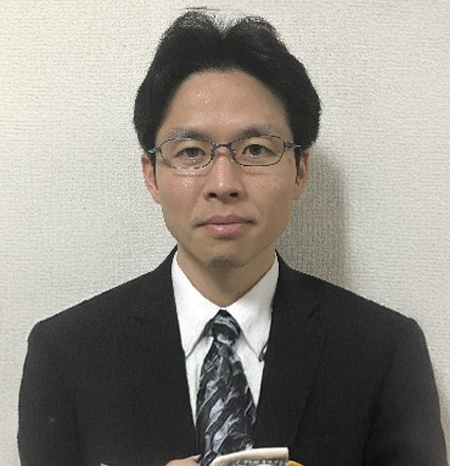
Monday, 31 March
“Smart Connectivity and Computing” Workshop





Tuesday, 1 April
“6G Horizons: Synergies for a Connected Future” Workshop






Wednesday, 2 April
Closed-door Policy Workshop: “The EU – Japan Digital Partnership: Going Forward”


Wednesday, 2 April
“Trusted Data Exchanges: From Standards to Pilots in a Changing World” Workshop

THURSDAY, 3 April – FRIDAY, 4 APRIL
“Data Spaces – or the Story How to Make Business from Data in a Legal Fashion” Workshop
Opening Remarks and Workshop Overview
Speakers





Monday, 7 April
“Critical Applications of AI in Industry, Healthcare and Other Sectors” Workshop


The EU-Japan Digital Week is an initiative under the EU-Japan Digital Partnership and is supported by the following projects and organisations
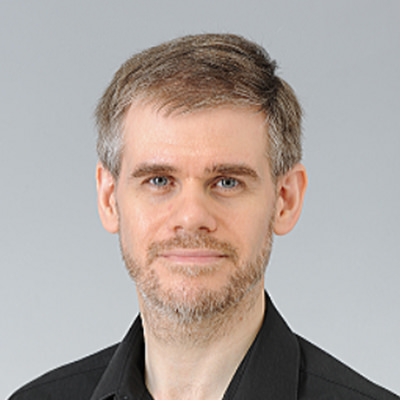



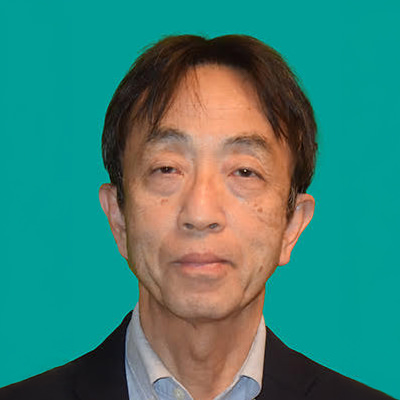
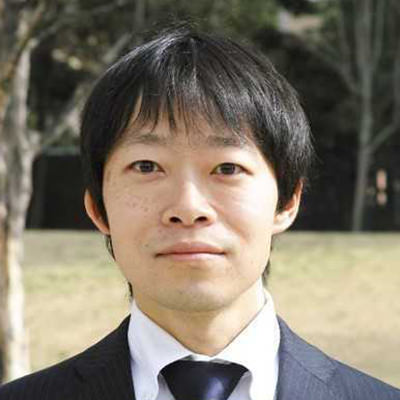
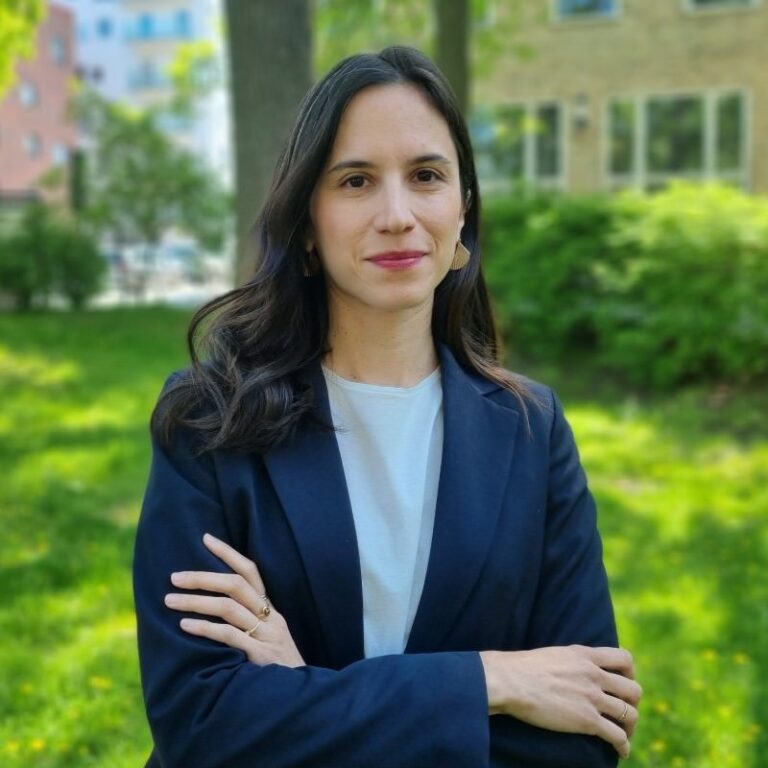
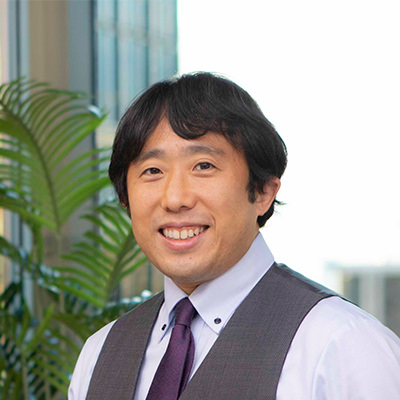
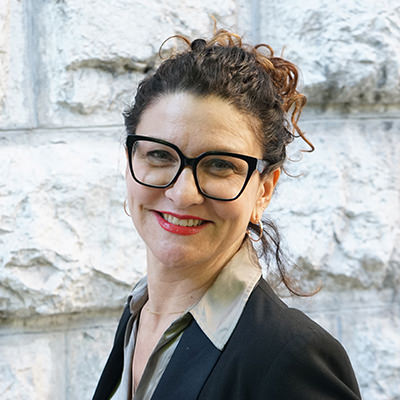
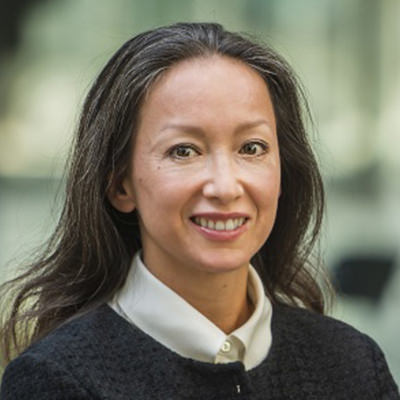
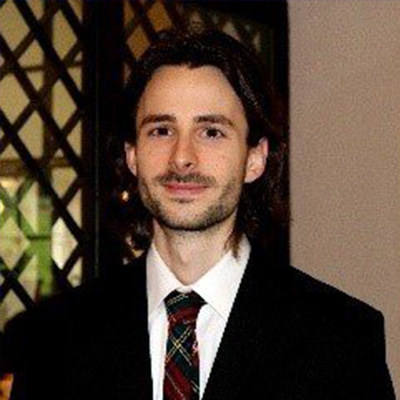
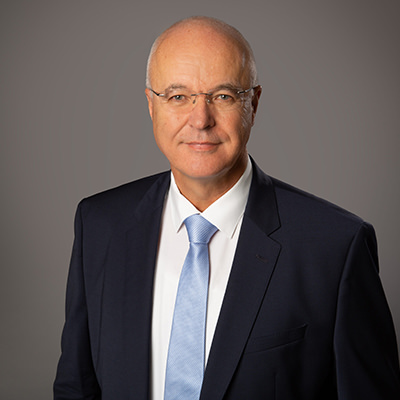
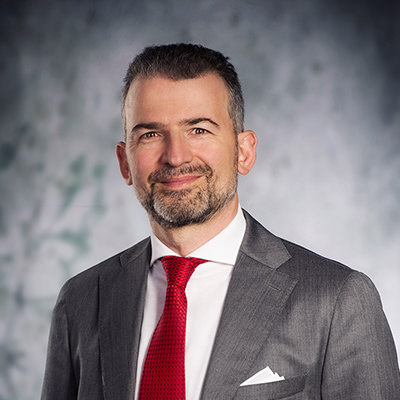
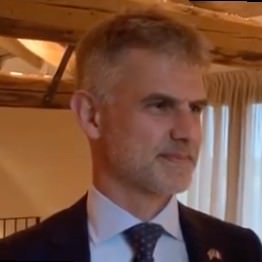
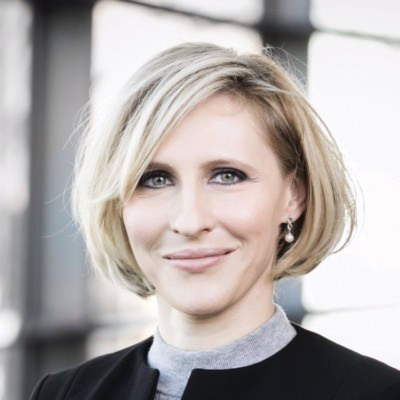
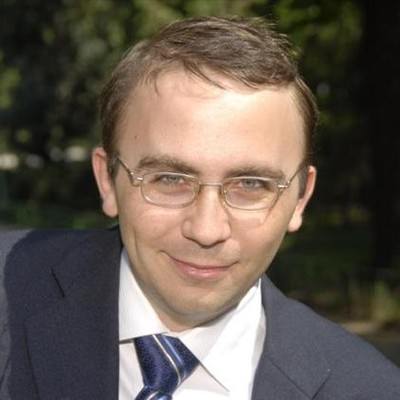
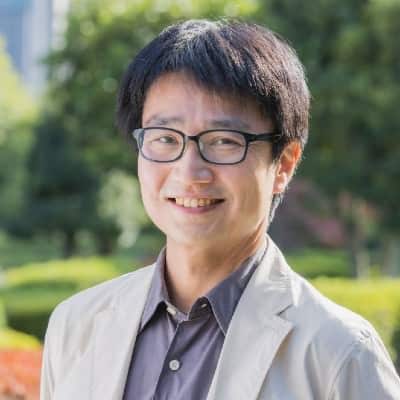


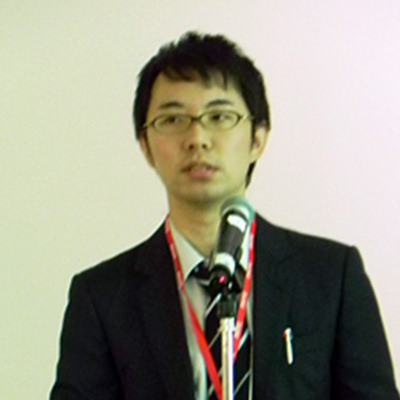
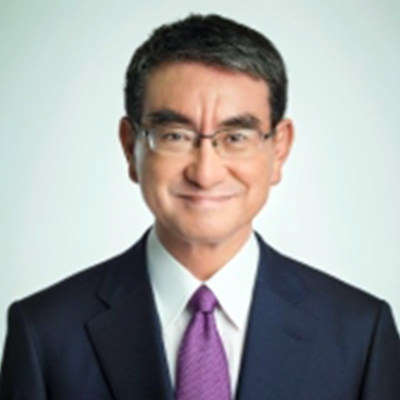


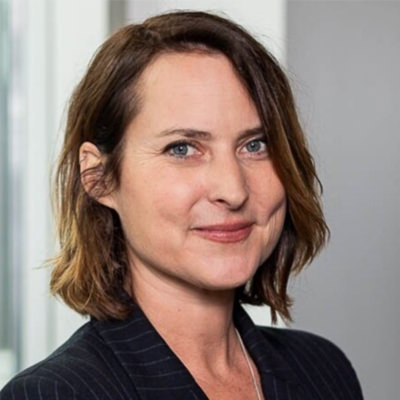
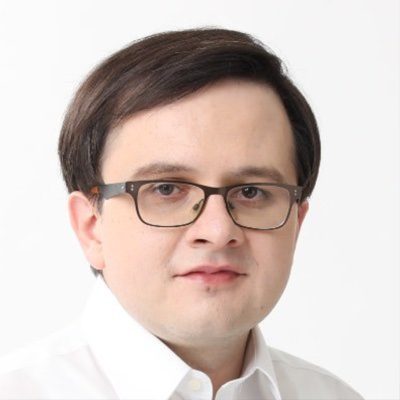
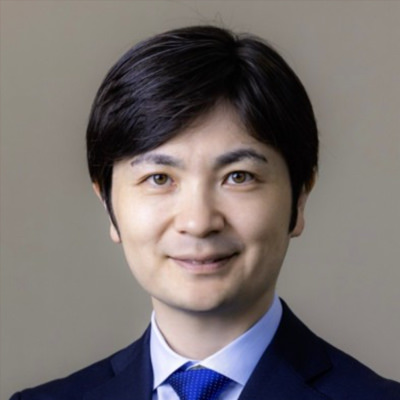
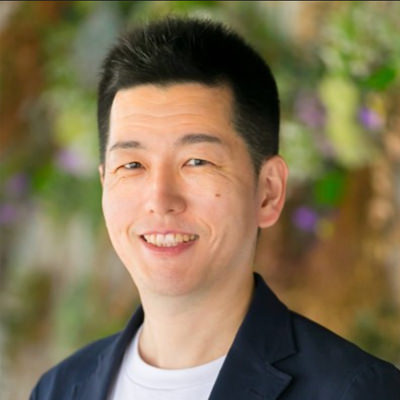
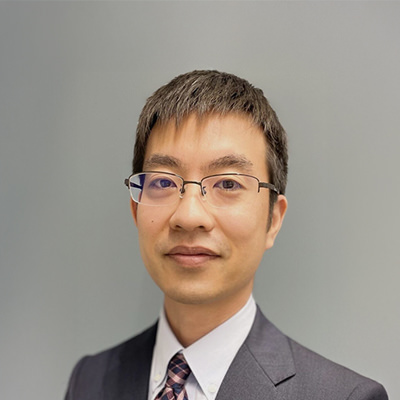
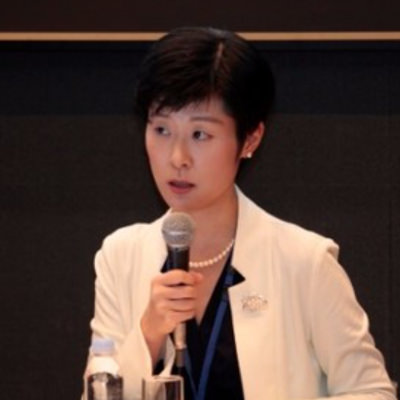

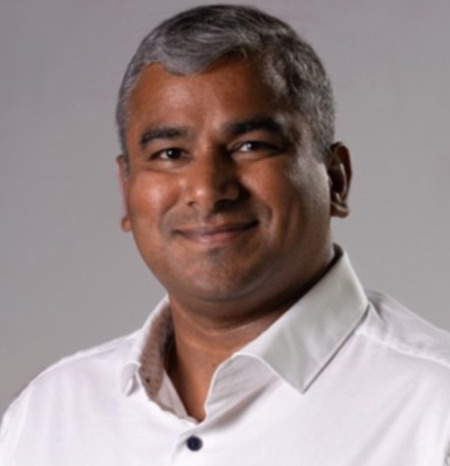
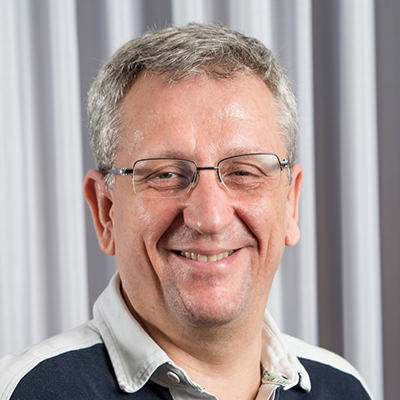
![Hiroshi Nakatake Kopie[1]](https://inpacehub.eu/wp-content/uploads/sites/116/2025/02/Hiroshi-Nakatake-Kopie1-768x1152.jpg)
